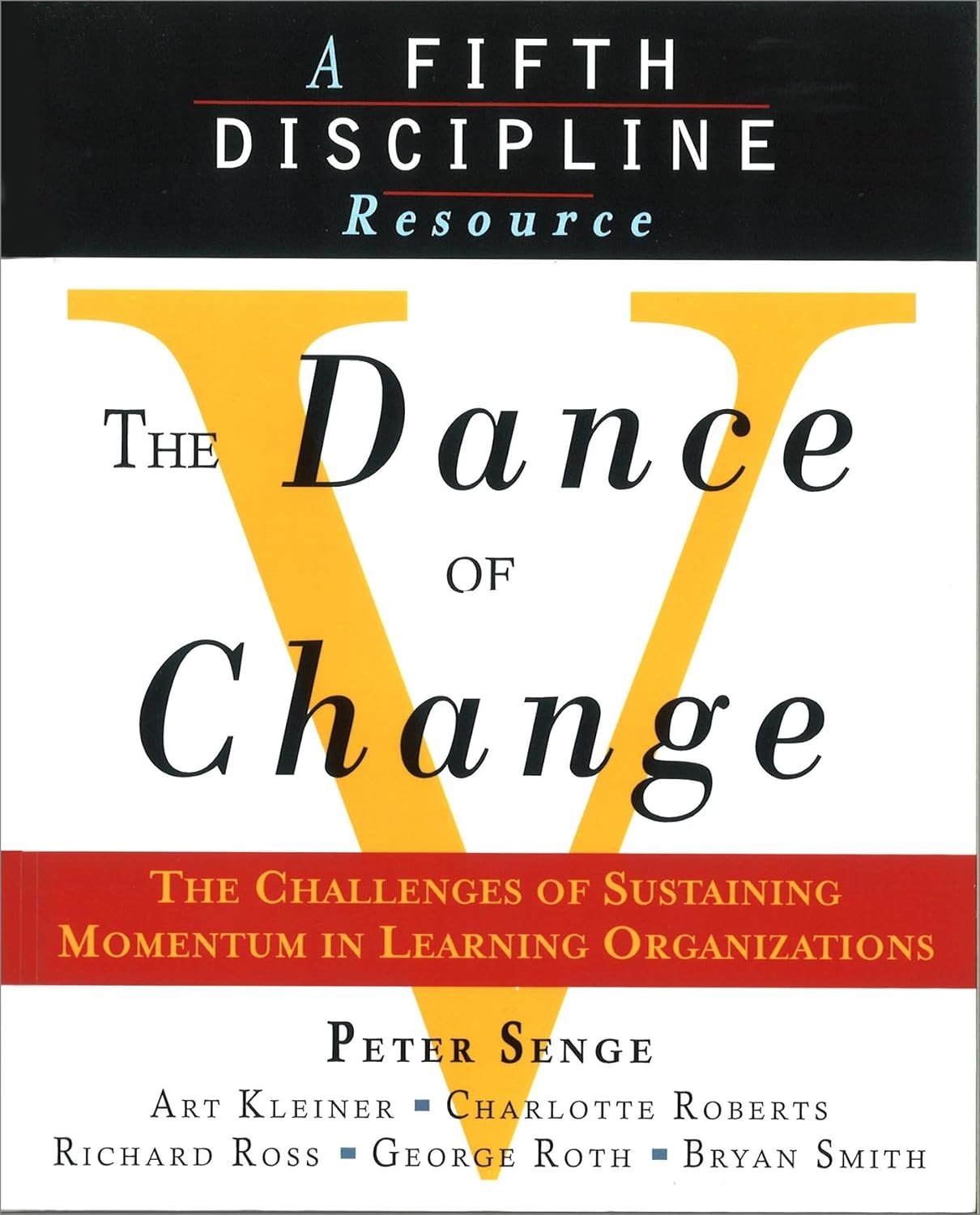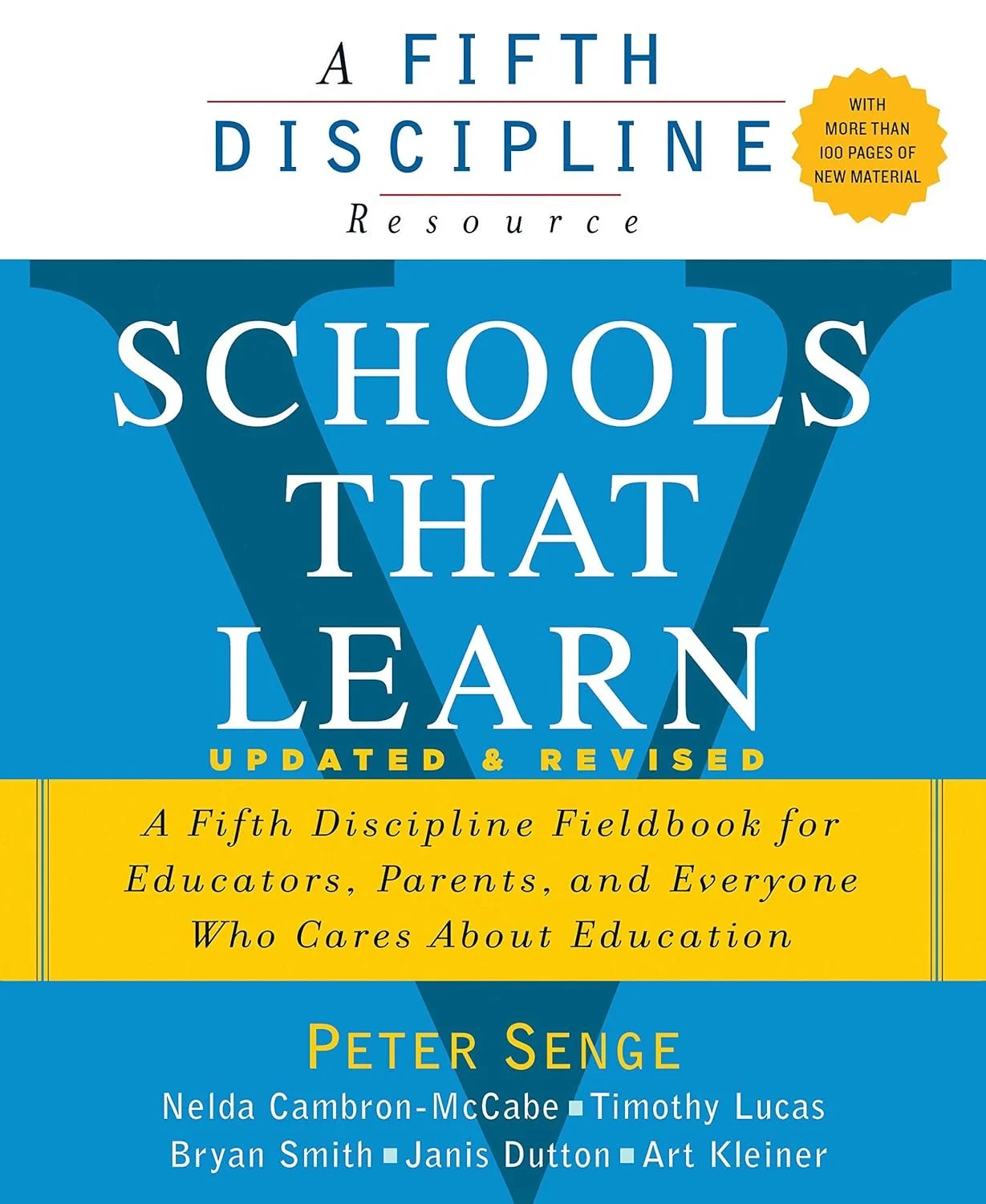The AI Dilemma
Seven Principles for Responsible Technology • Coauthor: Josie Thomson
The Age of Heretics
A History of the Radical Thinkers Who Reinvented Corporate Management
The Inner Voice of Strategic Leadership • Coauthors: Jeffrey Schwartz, MD and Josie Thomson
Who Really Matters
The Core Group Theory of Power, Privilege and Success
coauthored with Peter Senge, Bryan Smith, and Charlotte Roberts, Rick Ross, George Roth, Nelda Cambron-McCabe, Janis Dutton, and Tim Lucas (Currency/Doubleday, 1994-2010)
“You will not find wiser, more careful, more caring guides to this brave new world than the two authors of The AI Dilemma.” – Amy Edmondson
Drawing from conversations with AI pioneers, ethicists, and business leaders, Juliette and I present seven principles that help organizations harness AI's transformative power while maintaining human agency and accountability:
Be intentional about risks (reduce harm to vulnerable people)
Open the closed box (promote explainability)
Reclaim data rights for people
Confront and question bias
Hold stakeholders accountable
Favor loosely coupled systems (organizational design for responsible AI)
Embrace creative friction
In plain language with many stories, we describe responsible AI practices that enhance rather than replace human judgment.
“That rarest of books, one that is both important and a pleasure to read.” — Warren Bennis
“A secret history that links the medieval monastic orders, the counterculture of the sixties, and the key agents of corporate change in the modern world.” — Howard Rheingold
Before "disruption" and “agile” became management fads, a generation of corporate mavericks quietly reframed how organizations think and learn. This book tells the story of these unsung pioneers—from Royal Dutch/Shell's scenario planners who foresaw the 1973 oil crisis to the founders of the field of organizational development to Procter & Gamble's brand managers who invented modern participative teams, to the engineers whose LSD use laid the groundwork for Silicon Valley.
Along the way, you learn how countercultural thinking became high-performance management, why it isn’t enough to have a better idea, and how to be an influential heretic in your own larger organization. This management history has inspired many of today's transformational leaders.
The Wise Advocate
“A combination of neuroscience concepts, a process of self-reflection, and consideration of the greatest good for the people one must lead.” - Marshall Goldsmith
Strategic thinking emerges from the quality of attention leaders bring to their decisions. The Wise Advocate introduces a neuroscience-based approach to developing what Peter Drucker called "the discipline of the right decision." By understanding how the brain processes strategic choices, leaders can cultivate an inner voice that balances analytical rigor with intuitive wisdom.
Drawing from neuroscience research and field studies with global executives, we show how mindfulness practices, mentalizing and executive function help leaders create long-term value. The four steps in this book – relabeling, reframing, refocusing and revaluing – are a systematic approach to developing the mental agility that complex leadership demands.
“Art Kleiner has uncovered a central truth about the way organizations work. His concept of the Core Group clarifies one key reason why rational people often act in seemingly irrational ways within the confines of an institution. Like any deep insight, it makes explicable what had previously been mysterious. “ —Jim Collins
Here are three great lies of the modern corporation: The customer comes first, employees are our greatest asset, and we exist to return investment to shareholders. Every organization claims to serve a stated purpose, but real-world decisions ultimately favor a small "Core Group:” the people that the organization's decision-makers believe are most important. This invisible dynamic explains the leverage that determines the limits on what every company can do – and how to transcend those limits.
Who Really Matters exposes this hidden architecture of organizational power, offering tools to identify your Core Group and strategies to expand or redirect its influence. From Fortune 500 boardrooms to community groups, understanding Core Group dynamics is essential for anyone trying to expand organizational priorities.
The Fifth Discipline Fieldbook Series
The three Fieldbooks—The Fifth Discipline Fieldbook (1994), The Dance of Change (1999), and Schools That Learn (2010)—transformed Peter Senge's systems thinking concepts into practical tools used by millions of practitioners worldwide. More than manuals, these books created a new genre: the organizational learning fieldbook, combining theory, tools, and stories from real experience.
My role as editorial director involved synthesizing insights from hundreds of organizations experimenting with learning disciplines—from Ford's transformation efforts to innovative schools redesigning education from first principles. These books established the vocabulary and practices that now underpin agile methodologies, design thinking, and organizational resilience frameworks. As we enter the AI era, these human learning principles become even more crucial for organizations seeking to remain adaptive and humane.
A new project underway, the Living Fieldbook for System Leaders, picks up where these projects left off.
Which Book Is For You?
Facing AI implementation challenges? → The AI Dilemma
Building organizational learning capabilities? → Fifth Discipline Fieldbook series
Driving change in traditional institutions? → The Age of Heretics
Becoming a strategic leader? → The Wise Advocate
Understanding organizational power dynamics? → Who Really Matters







